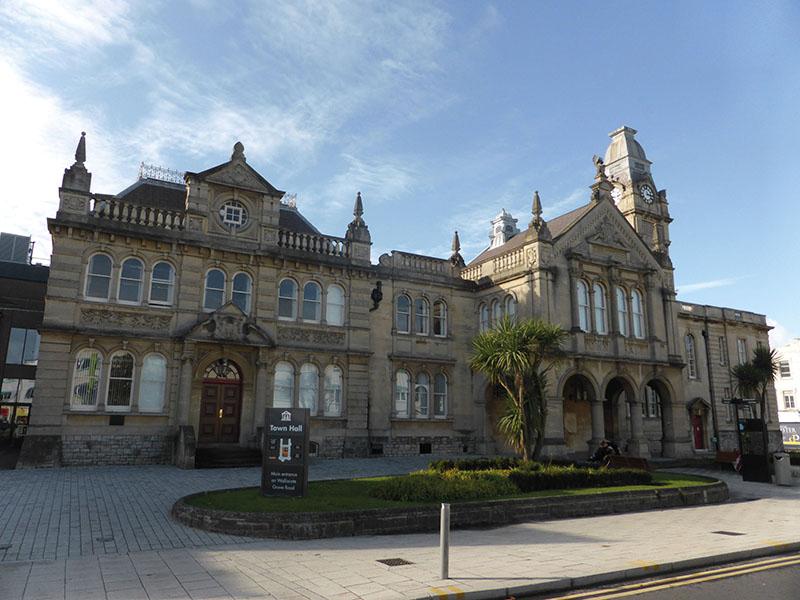Like many councils across the country, we’re facing an unprecedented financial challenge and will have to make tough decisions.
After years of austerity and reductions in government funding, we simply don’t have enough income to cover our forecast expenditure.
We’ve already identified millions in savings and increased income but there’s still more to do, with another £8m in savings to find by the end of March.
Our forecasts also show continued costs and demand for services have already increased our budget gap over the next three years as well.
We’ll always do our best to prioritise services for the most vulnerable people but everyone needs to be prepared for non-essential services to be reduced, targeted or even withdrawn.
As part of this process, we want to know what your key priorities are, issues you’re concerned with, what you’d particularly like us to invest in and improve, what level of council tax increase you’d support, and your preferred approach for delivering council services.
Please complete the online survey before 5pm next Friday (22 November).to share your views.
There is also an innovative online budget simulator so you can experiment with different options and see the likely impact of your choices on local services.
A series of workshops will also be held over the coming months to run through the budget simulator and ideas for where savings could be made or income increased.
If you are interested in attending one of these in-person workshops, join our Citizen’s Panel to get involved.
We can’t promise to deliver everything you ask for or might want but we will use the results of this work to inform our decisions.
We’re working hard to balance our budget and avoid having to issue a ‘Section 114’ notice – when a council’s expenditure is more than its income.
If that happens, the government can step in to cut services and raise local taxes and charges.
The list of our proposed savings will be published on our website on Tuesday 26 November, ahead of the next Executive meeting on Wednesday 4 December.
Final budget discussions will then happen in February.
How do we spend our money?
Our money is spent providing hundreds of services across North Somerset, from helping babies have the best start in life to supporting older people live as independently as possible for as long as possible.
There are strict rules and restrictions about how we can spend our money.
Our main budget for day-to-day spending is our ‘revenue’ budget, which for this financial year is £225.159m.
Of this revenue budget:
- 40 per cent comes from the government, from the taxes you pay. Most of this can only be used for specific purposes, like schools or housing benefit
- 33 per cent comes from your council tax
- 13 per cent comes from charges you pay to cover the cost of specific services, such as planning, licensing, social care and parking
- 11 per cent comes from business rates paid by local business in North Somerset
- 3 per cent comes from other sources, including investment or rental income.
We also have a ‘capital’ budget which pays for things like infrastructure and council assets, and is usually funded by government funding pots and borrowing.
Generally, councils aren’t allowed to use their capital budgets to fund revenue spending.
Some income is ringfenced so we can only spend it on certain things, such as money from on-street parking charges only being spent on parking services.
Funding we’ve successfully applied for to fund major projects such as the Bus Service Improvement Plan (BSIP), Banwell Bypass and Birnbeck Pier has to be spent on that and nothing else.
In the last decade, the funding we get from the government has more than halved, at the same time as demands and costs for services have increased significantly.

